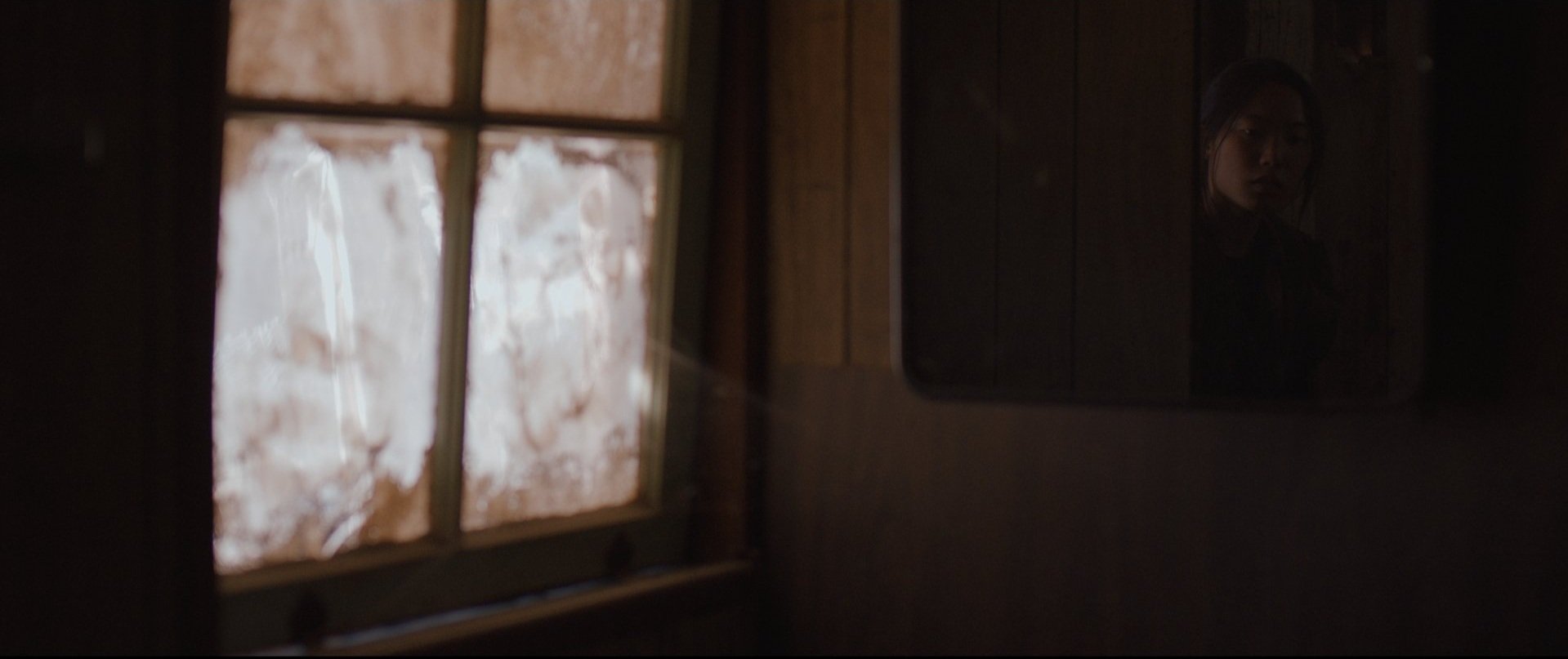



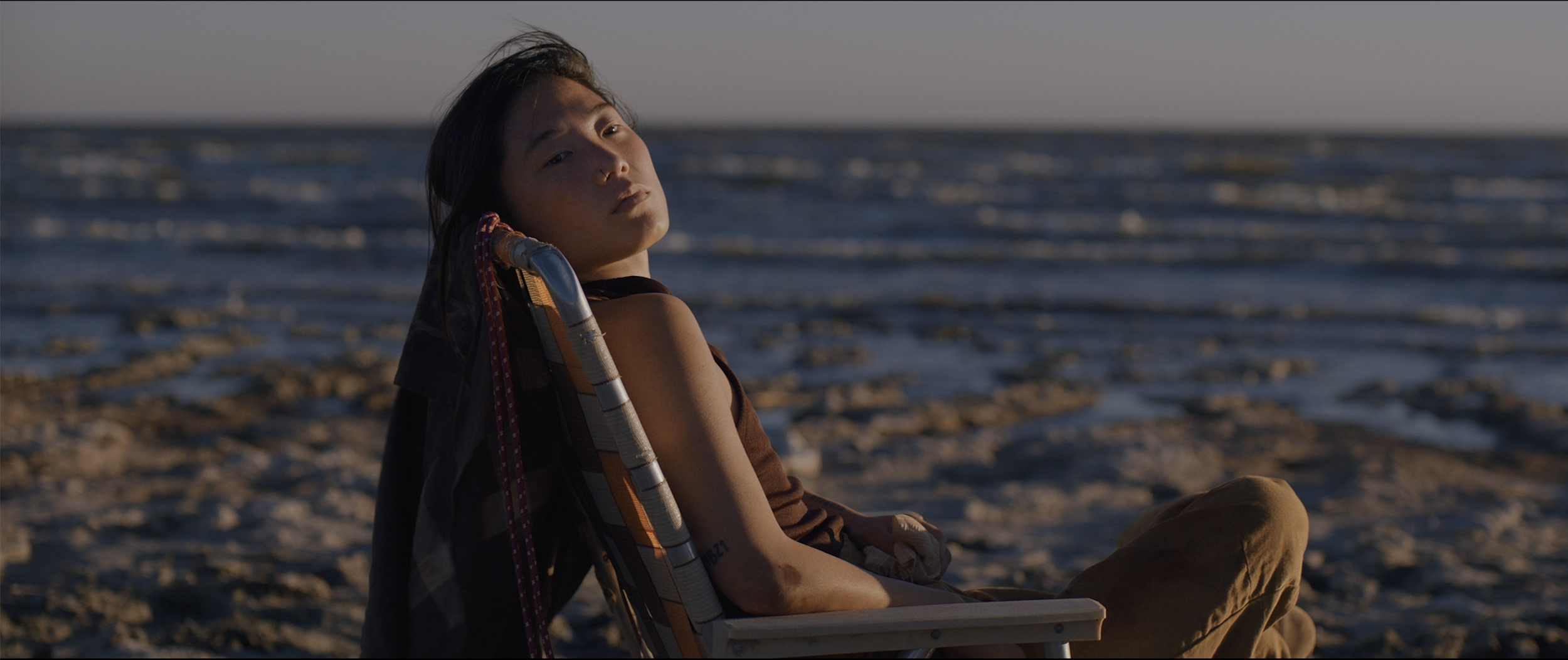



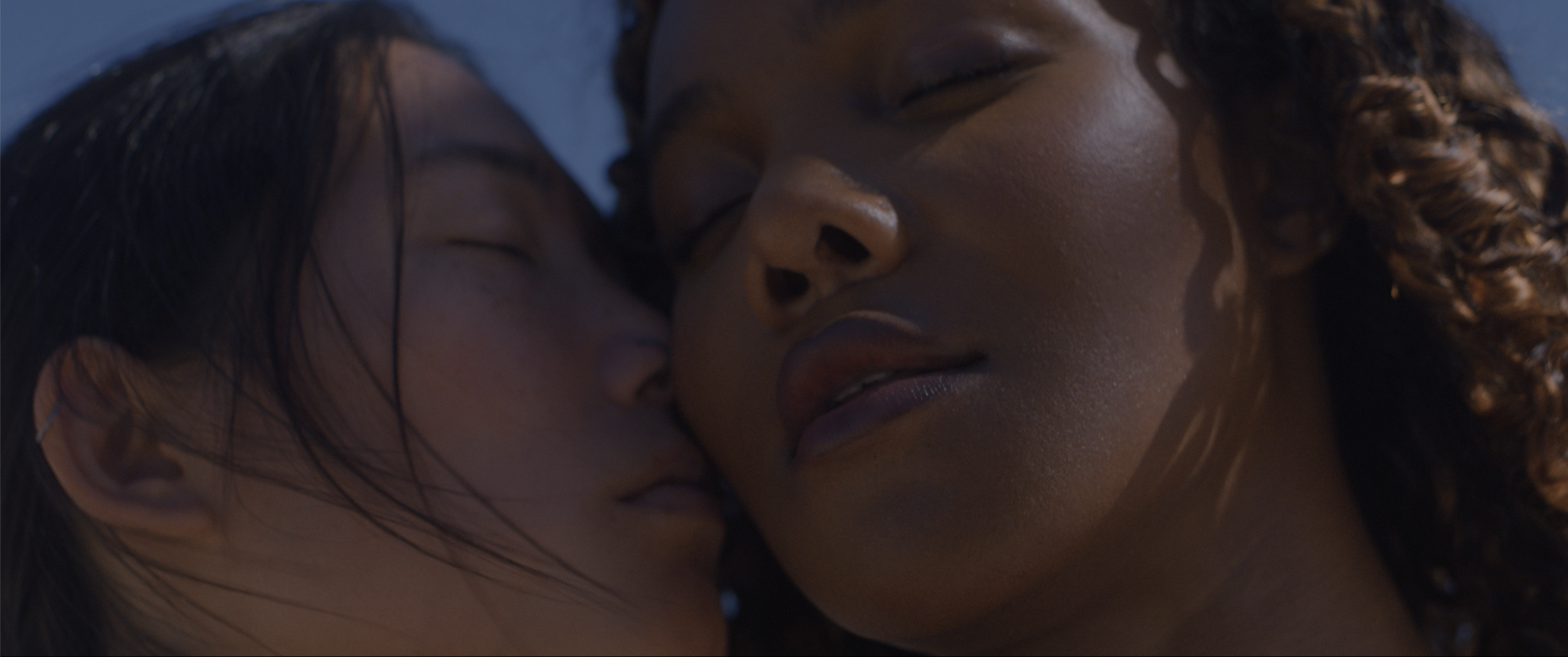
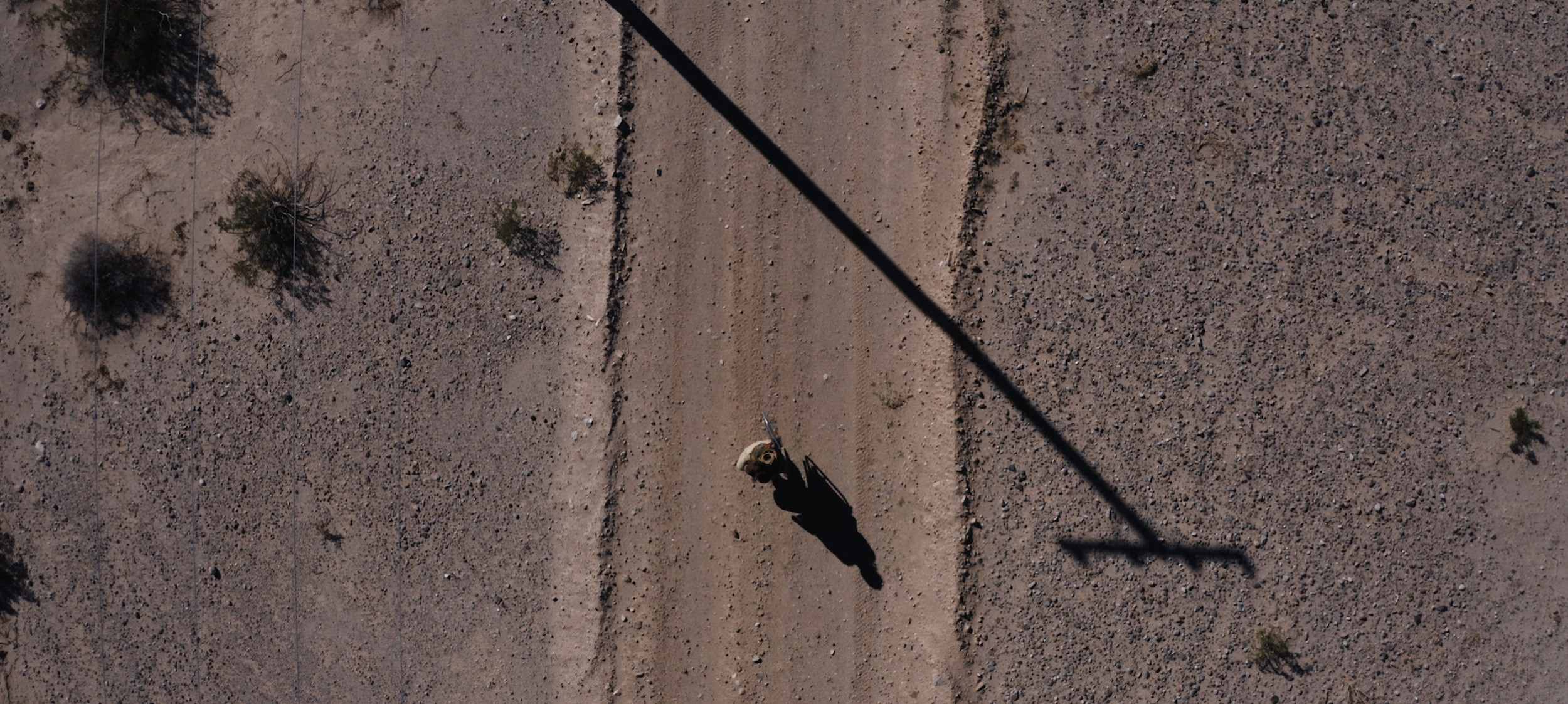
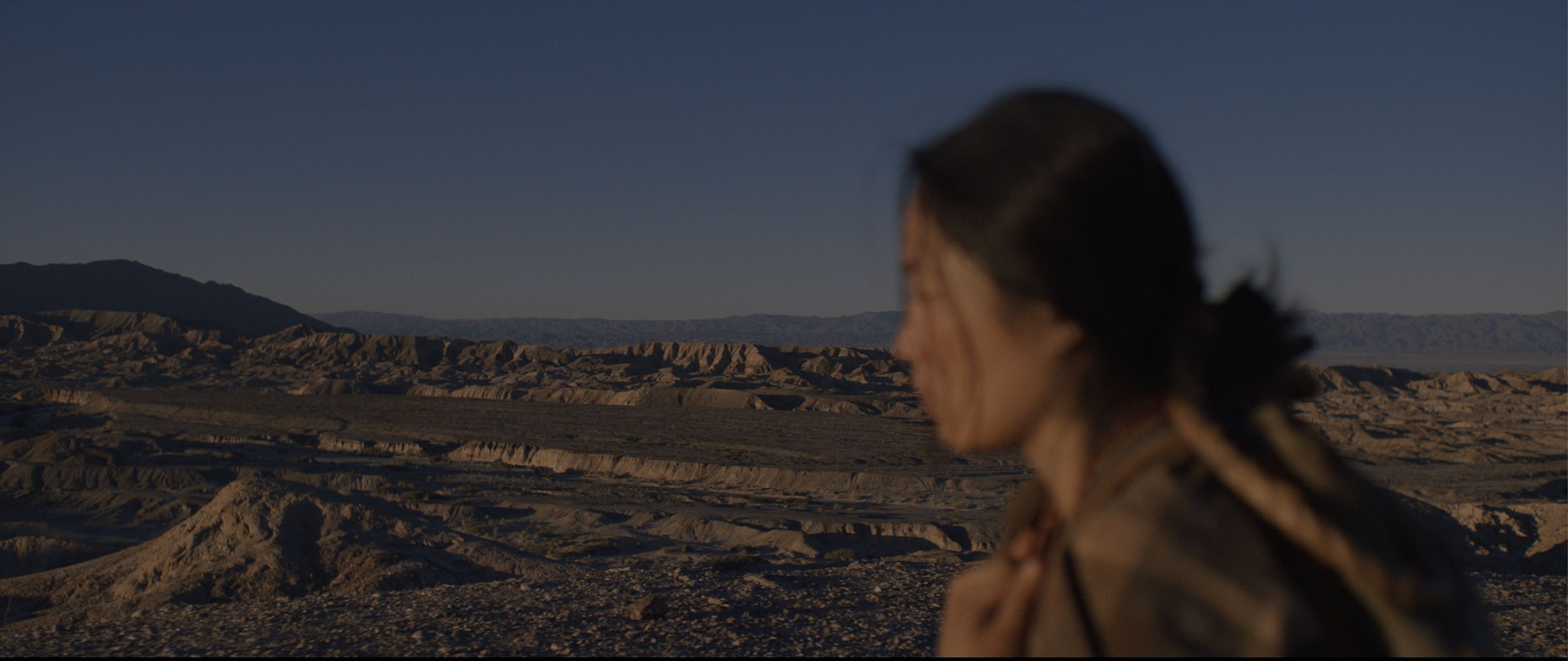
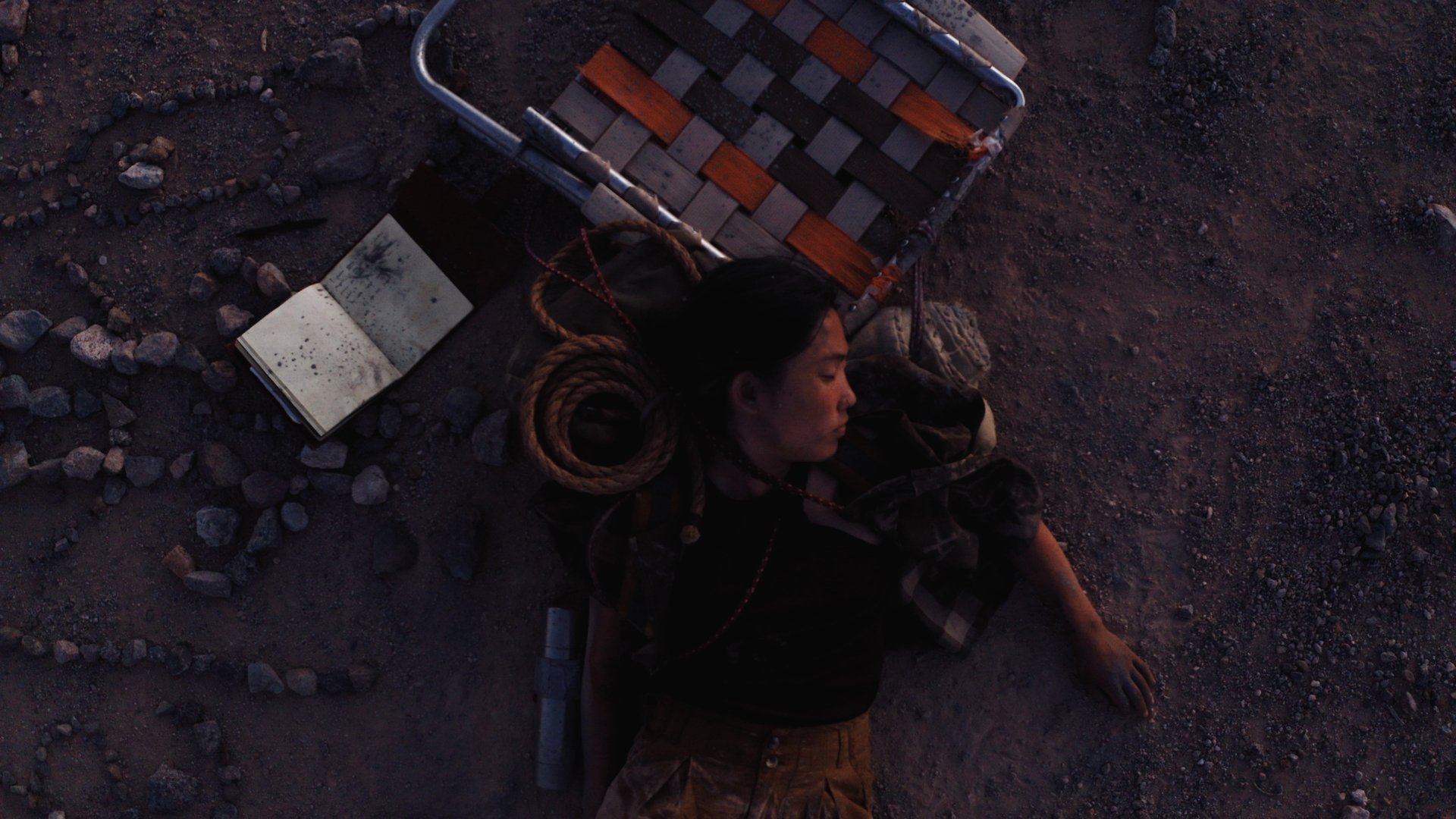


Poetica for the Living
Poetica for the Living is an interesting little proof of concept I made for my thesis film of my MFA at UCLA. It truly is emblematic of the filmmaker I was growing to be and the journey I took through grad school. What’s it about?
Earth, at the end. A traveler wanders an apocalyptic midwest and collects the last words of the people they meet on their way. But they cannot simply be an observer; they must come to terms with their own grief at the end of the world.
What is grief if we don’t talk about it? Something that festers and grows until it explodes?
Alok Vaid-Menon said that “in America, we are not allowed to publicly grieve.” This is a film about grief. I come from a mixed family, and my two cultures ironically share similar approaches to grief. In Indian culture, we don’t talk about it. I’ve lost several family members; notably, my grandma & my grandpa. And each of these deaths were treated the same way by my family. We didn’t talk about them. A matter of fact statement in a passive tense: “Your baba has passed away”. And a passive approach to grief. My father would go away to India to take care of the funeral arrangements, and then we’d never talk about the person who had died again. We would just continue on as we had been. Working, going to school, doing what we thought we had to do without acknowledging how our losses might affect us. But passivity in the face of grief can’t last.
There’s something about grief that makes you powerless. And the less we talk about it, the more power it has to destroy us.
My generation has grown up knowing the world is ending. We are bombarded with information from all sides about deaths, human rights abuses, and social justice issues. The end of the world due to our own hubris and destruction. It’s easy to feel powerless in this day and age, knowing that we as individuals can’t just fix the world. There’s something called collective trauma, and we all face it. Another day, another mindless crime that’s not acknowledged as a tragedy, but as something we have to learn from. Something that we have to save others from. Tragedy isn’t allowed to be a tragedy.
But grief changes us. We can’t hold others accountable for changing the world and not deal with our own collective grief at a society on the verge of collapsing. It hasn’t worked so far.
This is the core of Poetica for the Living. How does a person grieve for everything they’ve ever known? What is the proper way to grieve? We get glimpses into different people’s grieving processes, we hear different perspectives on death and loss. We watch a character so avoidant of grief that they cannot truly bond with the people around them because they’ve already calculated their loss. We watch as they lead themself to their own ruin, fleeing the loss of the people they love. And we see that grief can find us, even in our darkest hour or our most detached.